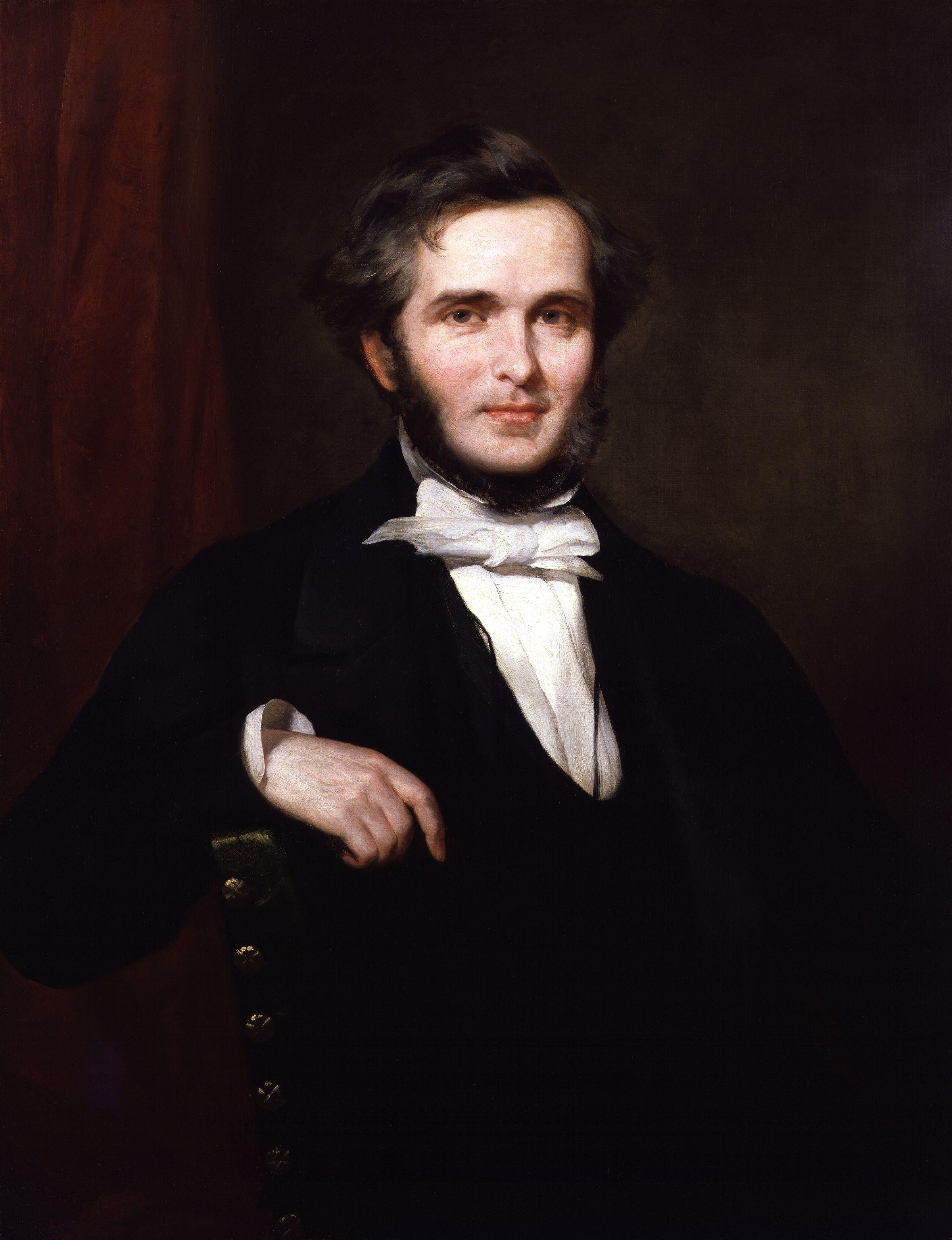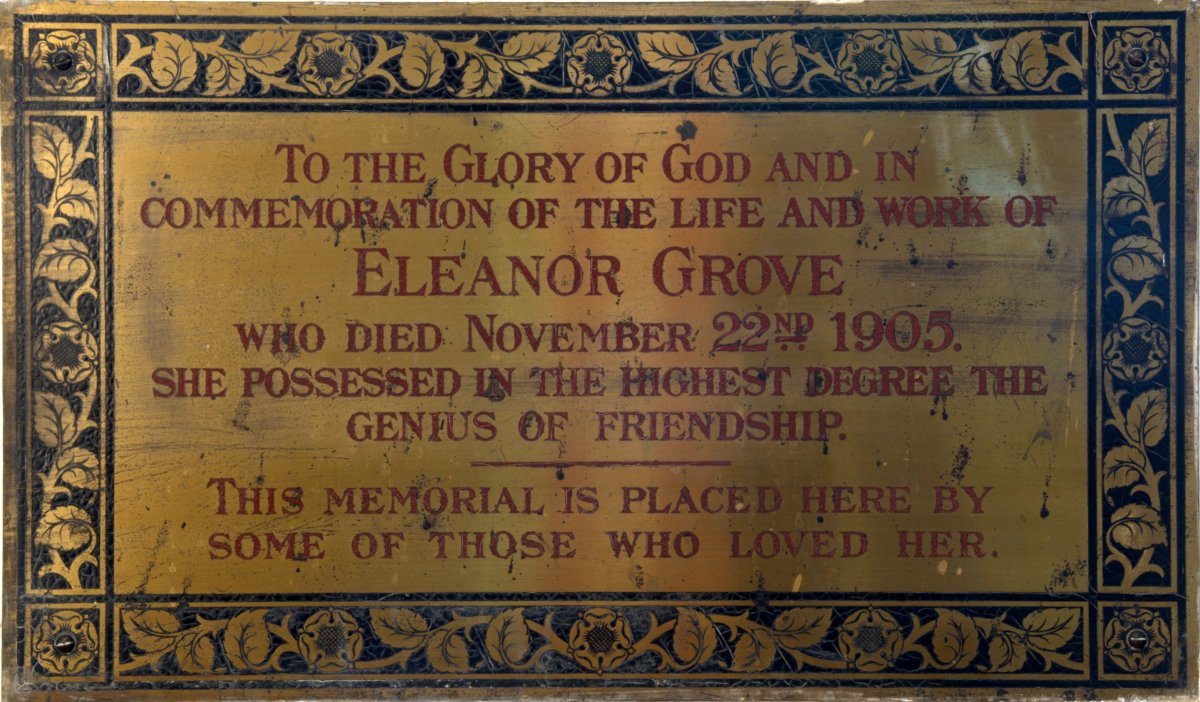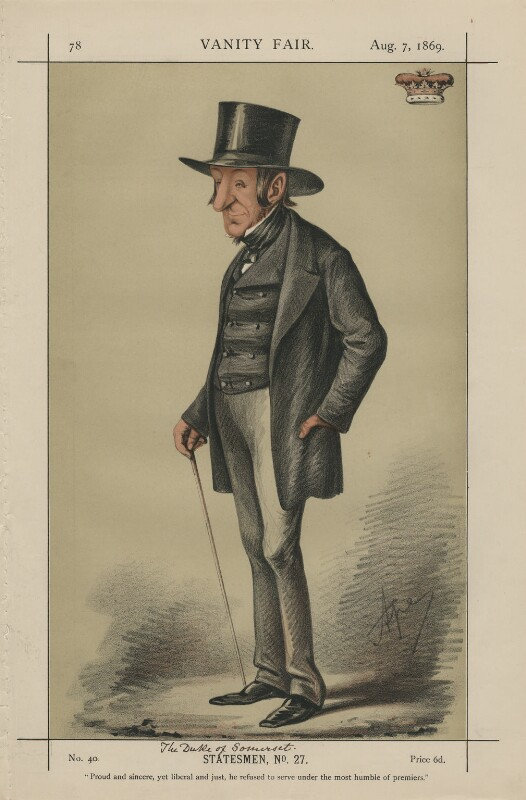|
Coward College
Coward College was a dissenting academy at Byng Place, Torrington Square, London. Intended for the education of future nonconformist ministers of religion, it was in operation from 1833 to 1850. It was the successor to Wymondley College in Little Wymondley, Hertfordshire and the precursor, via a merger with two other colleges, of New College London. History Thomas Morell, who had been an Independent minister at St Neots in Huntingdonshire, had become the last theological tutor at Wymondley College in 1821 and had restored its reputation after many years of internal discord, mostly relating to accusations of heterodoxy. In December 1831, the trustees who managed the college on behalf of a charitable trust established by William Coward discussed moving the institution to London to take advantage of access to teaching at the University of London, which had recently opened. A suitable location was soon found at Byng Place, Torrington Square, the site at Wymondley was closed and sol ... [...More Info...] [...Related Items...] OR: [Wikipedia] [Google] [Baidu] |
Dissenting Academies
The dissenting academies were schools, colleges and seminaries (often institutions with aspects of all three) run by English Dissenters, that is, those who Nonconformist (Protestantism), did not conform to the Church of England. They formed a significant part of education in England, England's educational systems from the mid-seventeenth to nineteenth centuries. Background After the Uniformity Act 1662, for about two centuries, it was difficult for any but practising members of the Church of England to gain degrees from the old English universities, at Cambridge and Oxford. The University of Oxford, in particular, required – until the Oxford University Act 1854 – a religious test on admission that was comparable to that for joining the Church. The situation at the University of Cambridge was that a statutory test was required to take a bachelor's degree. English Dissenters in this context were Nonconformist (Protestantism), Nonconformist Protestants who could not in good cons ... [...More Info...] [...Related Items...] OR: [Wikipedia] [Google] [Baidu] |
Dr Williams's Library
Dr Williams's Library is a small English research library in Gordon Square, Bloomsbury, London. Historically, it has had a strong Unitarian focus. The library has also been known as University Hall. History The library was founded using the estate of Daniel Williams (1643–1716) as a theological library, intended for the use of ministers of religion, students and others studying theology, religion and ecclesiastical history. Several of its first directors were ministers associated with Newington Green Unitarian Church. The library opened in 1729 at Red Cross Street with its original benefaction of around 7600 books from Williams.''The London Encyclopaedia'', Ben Weinreb & Christopher Hibbert, Macmillan, 1995, Its site moved frequently, until the acquisition of its present home, University Hall in Gordon Square, in 1890. It has always had close ties with the Unitarians, and after a V-1 flying bomb destroyed Essex Hall, the headquarters of the General Assembly of Unitarian an ... [...More Info...] [...Related Items...] OR: [Wikipedia] [Google] [Baidu] |
Joseph Edkins
Joseph Edkins (19 December 1823 – 23 April 1905) was a British Protestant missionary who spent 57 years in China, 30 of them in Beijing. As a Sinologue, he specialised in Chinese religions. He was also a linguist, a translator, and a philologist. Writing prolifically, he penned many books about the Chinese language and the Chinese religions especially Buddhism. In his ''China's Place in Philology'' (1871), he tries to show that the languages of Europe and Asia have a common origin by comparing the Chinese and Indo-European vocabulary. Life Born at Nailsworth, Gloucestershire, he was trained at Coward College, a dissenting academy that trained people for nonconformist ministry and graduated from the University of London in 1843. He was ordained on 8 December 1847. Sent by the London Missionary Society, he arrived in China on 22 July 1848 at Hong Kong, and reached Shanghai on 2 September. First he worked in the London Missionary Society Press in Shanghai under Walter Henry Medhu ... [...More Info...] [...Related Items...] OR: [Wikipedia] [Google] [Baidu] |
John Curwen
John Curwen (14 November 1816 – 26 May 1880) was an English Congregationalist minister and diffuser of the tonic sol-fa system of music education created by Sarah Ann Glover. He was educated at Wymondley College in Hertfordshire, then Coward College as that institution became known when it moved to London, and finally University College London. Background and biography John Curwen was a descendant of the Curwens of Workington Hall in Cumbria, one of the oldest families in England, the male line proper being a direct descent from Eldred, a pre-Norman Englishman, whose son Ketel held lands in the Barony of Kendal. Orm, Ketel's son, inherited the Cumbrian manor of Workington. Curwen was born 14 November 1816, at Heckmondwike, West Riding of Yorkshire, the son of Spedding Curwen and Mary Jubb. His father was a Non-conformist minister, as John was also from 1838 until 1864. Curwen gave up full-time ministry to devote himself to his new method of musical nomenclature. He establi ... [...More Info...] [...Related Items...] OR: [Wikipedia] [Google] [Baidu] |
College Hall, London
College Hall is a fully catered hall of residence of the University of London. It is situated on Malet Street in the Bloomsbury district of London, United Kingdom. It is an intercollegiate hall, and as such provides accommodation for full-time students at constituent colleges and institutions of the University of London including King's College London, King's College, University College London, University College, Queen Mary, University of London, Queen Mary, the London School of Economics and the School of Oriental and African Studies amongst others. History Established in 1882, and initially located in Byng Place, It initially catered for female students (having been co-founded by educationalist and suffragist Annie Leigh Browne, Mary Stewart Kilgour, Mary Browne (Lady Lockyer) and Henrietta Müller)Jane Martin, ‘Browne, Annie Leigh (1851–1936)’, Oxford Dictionary of National Biography, Oxford University Press, 200accessed 12 Jan 2017/ref> The first Principal was Eleanor Gro ... [...More Info...] [...Related Items...] OR: [Wikipedia] [Google] [Baidu] |
Eleanor Grove
Eleanor Grove (1826 – 22 November 1905) was a British translator and educationist. She was the founding principal of College Hall in London that allowed women to live in Bloomsbury and attend the University of London. She and her life long partner, Rosa Morison, have a building named after them. Life Grove was born in Clapham in 1826. Her parents were Mary Blades and Thomas Grove, Her father was a dealer in fish and venison and he was a congregationalist. She had many siblings, one of whom was an elder brother, George, who became an engineer but is now known for ''Grove's Dictionary of Music and Musicians''. Grove's parents left her well provided for and she was able to decide how she would spend her life. She worked as a governess in Germany and in Austria and she translated two novels: ''An Egyptian Princess'' by Georg Ebers and ''Wilhelm Meister's Apprenticeship'' by Johann Wolfgang von Goethe. When a job was advertised at Queen's College, London for an assistant secreta ... [...More Info...] [...Related Items...] OR: [Wikipedia] [Google] [Baidu] |
First Commissioner Of Works
The First Commissioner of Works and Public Buildings was a position within the government of the United Kingdom of Great Britain and Ireland, and subsequent to 1922, within the government of the United Kingdom of Great Britain and Northern Ireland. It took over some of the functions of the First Commissioner of Woods and Forests in 1851 when the portfolio of Crown holdings was divided into the public and the commercial. The position was frequently of cabinet level. The office was renamed Minister of Works and Buildings and First Commissioner of Works in 1940, Minister of Works and Planning in 1942, Minister of Works in 1943 and finally Minister of Public Buildings and Works in 1962. On 15 October 1970 the Ministry was amalgamated in the Secretary of State for the Environment, Department of the Environment. List of Works Commissioners and Ministers First Commissioners of Works (1851–1940) Ministers of Works & Buildings and First Commissioner of Works (1940–1942) ... [...More Info...] [...Related Items...] OR: [Wikipedia] [Google] [Baidu] |
Independent College, Homerton
Independent College, later Homerton Academy, was a dissenting academy in Homerton just outside London, England, in the 18th and early 19th centuries. Background In 1695 the Congregational Fund was set up in London to provide for the education of Calvinist ministers, and to provide an alternative to the education offered by the Universities of Oxford and Cambridge, which was barred by law to English Dissenters. Around 35 of these so-called dissenting academies arose during the 18th century, offering education without the requirement of conformity to the Church of England. They promoted a more modern curriculum of science, philosophy and modern history than the ancient universities who took a more traditionalist approach to learning. One of these was the Independent College, Homerton, which appointed Dr John Conder as President in 1754. It was supported by the King's Head Society. In 1850 the union of the Homerton establishment with Daventry Academy and Highbury College resulted in ... [...More Info...] [...Related Items...] OR: [Wikipedia] [Google] [Baidu] |
Highbury College, London
Highbury College was a dissenting academy, that is, a school or college set up by English Dissenters. Its most famous student was Christopher Newman Hall. It had a high reputation, and in time it was amalgamated into New College London. History It was set up in Mile End in 1783, moved to Hoxton in 1791, and then to Highbury in 1826. Trustees had acquired about five acres of land, and for £22 000 had commissioned John Davies to build a new college. By 1854, following the amalgamation of Highbury College into New College London, the building had become a teacher training college, and in 1866 it reverted to a theological college, this time for the Church of England Samuel Lewis in his 1831 ''A Topographical Dictionary of England'' describes the students as "single men, eighteen years of age and upwards, producing testimonials of their piety, and being able to translate Virgil, having also some acquaintance with the Greek grammar, fractional arithmetic, and the elements of geograp ... [...More Info...] [...Related Items...] OR: [Wikipedia] [Google] [Baidu] |
Philip Doddridge
Philip Doddridge D.D. (26 June 1702 – 26 October 1751) was an English Nonconformist (specifically, Congregationalist) minister, educator, and hymnwriter. Early life Philip Doddridge was born in London the last of the twenty children of Daniel Doddridge (d 1715), a dealer in oils and pickles. His father was a son of John Doddridge (1621–1689), rector of Shepperton, Middlesex, who was ejected from his living following the Act of Uniformity of 1662 and became a Nonconformist minister, and a great-nephew of the judge and MP Sir John Doddridge (1555–1628). Philip's mother, Elizabeth, considered to have been the greater influence on him, was the orphan daughter of the Rev John Bauman (d. 1675), a Lutheran clergyman who had fled from Prague to escape religious persecution, during the unsettled period following the flight of the Elector Palatine. In England, the Rev John Bauman (sometimes written ''Bowerman'') was appointed master of the grammar school at Kingston upon Thame ... [...More Info...] [...Related Items...] OR: [Wikipedia] [Google] [Baidu] |
Thomas William Jenkyn
Thomas may refer to: People * List of people with given name Thomas * Thomas (name) * Thomas (surname) * Saint Thomas (other) * Thomas Aquinas (1225–1274) Italian Dominican friar, philosopher, and Doctor of the Church * Thomas the Apostle * Thomas (bishop of the East Angles) (fl. 640s–650s), medieval Bishop of the East Angles * Thomas (Archdeacon of Barnstaple) (fl. 1203), Archdeacon of Barnstaple * Thomas, Count of Perche (1195–1217), Count of Perche * Thomas (bishop of Finland) (1248), first known Bishop of Finland * Thomas, Earl of Mar (1330–1377), 14th-century Earl, Aberdeen, Scotland Geography Places in the United States * Thomas, Illinois * Thomas, Indiana * Thomas, Oklahoma * Thomas, Oregon * Thomas, South Dakota * Thomas, Virginia * Thomas, Washington * Thomas, West Virginia * Thomas County (other) * Thomas Township (other) Elsewhere * Thomas Glacier (Greenland) Arts, entertainment, and media * ''Thomas'' (Burton novel) 1969 novel ... [...More Info...] [...Related Items...] OR: [Wikipedia] [Google] [Baidu] |
Matriculation
Matriculation is the formal process of entering a university, or of becoming eligible to enter by fulfilling certain academic requirements such as a matriculation examination. Australia In Australia, the term "matriculation" is seldom used now. In the late 1960s and early 1970s, all states replaced the matriculation examination with either a certificate, such as the Higher School Certificate (HSC) in Victoria and NSW, or a university entrance exam such as the Tertiary Entrance Exam in Western Australia. These have all been renamed (except in NSW) as a state-based certificate, such as the Victorian Certificate of Education (VCE) or the Western Australian Certificate of Education (WACE). Bangladesh In Bangladesh, the "Matriculation" is the Secondary School Examination (SSC) taken at year 10, and the Intermediate Exams is the Higher Secondary Examination (HSC) taken at year 12. Bangladesh, like the rest of Indian sub-continent, still uses terms such as Matriculation Exams and ... [...More Info...] [...Related Items...] OR: [Wikipedia] [Google] [Baidu] |






